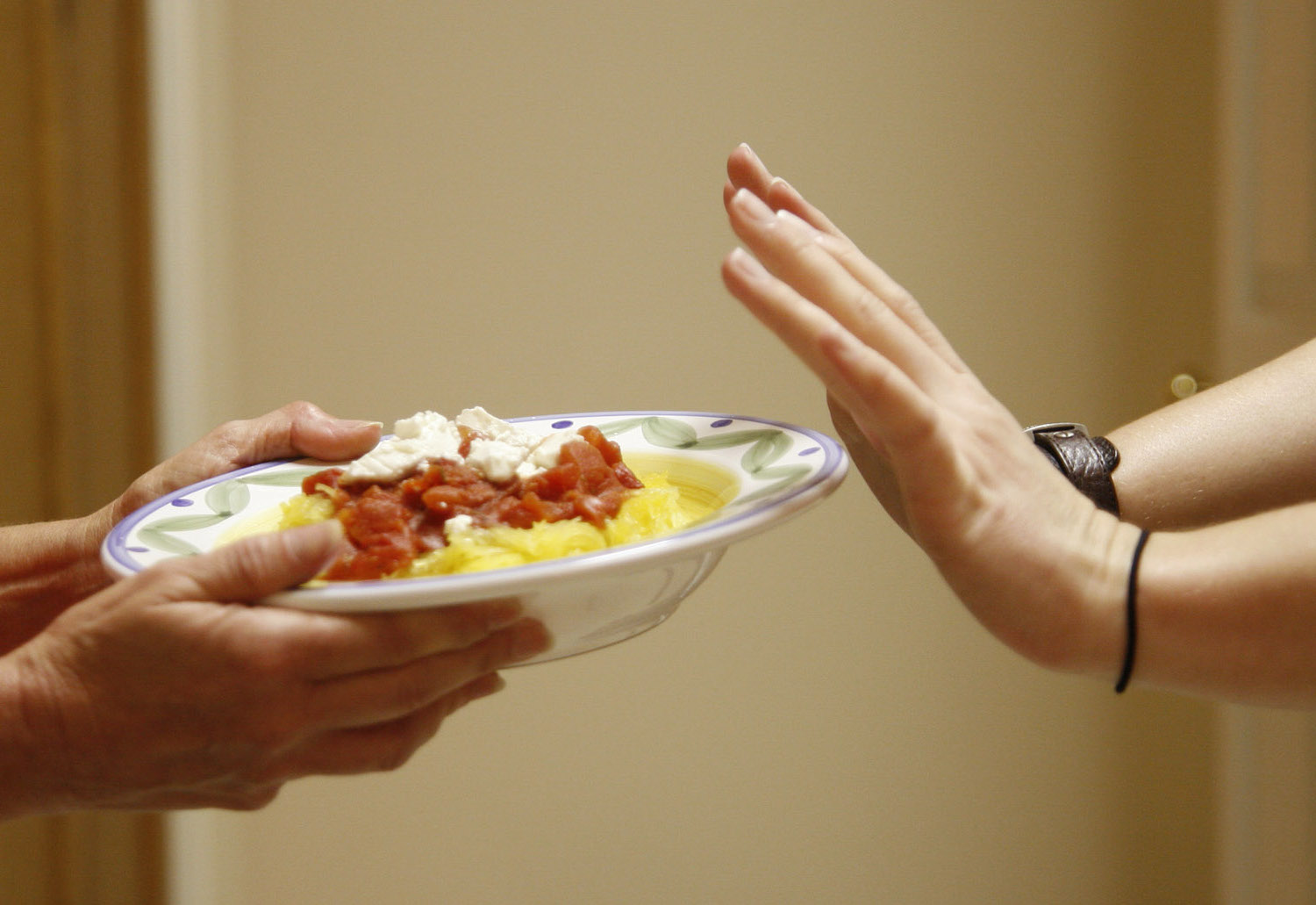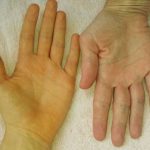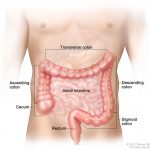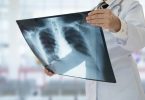External factors

Although weight loss can be linked directly to cancer or the immune system’s response to cancer, the weight loss can also be caused by external factors. Poor appetite can cause nausea, vomiting, pain, changes in taste, as well as mouth sores from chemotherapy or radiation therapy and all this, can cause weight loss directly and indirectly.
Although cancer treatments like radiation therapy and chemotherapy destroy cancer cells, they cause extensive damage to body organs like the skin, blood, and intestines. The body consumes a lot of energy when repairing this damage. Cancers affecting the intestines and stomach are also known to reduce the body’s ability to absorb nutrients found in food. Side effects of cancer/cancer treatments like vomiting and diarrhea can also cause extensive loss of nutrients. Cancer symptoms like fatigue can also reduce activity which can, in turn, causes muscle wasting.
Wasting away is a severe side effect. Currently, cachexia can’t be treated or prevented. Furthermore, the cancer side effect can’t be counteracted effectively using nutrition. Countless studies are trying to understand why Cachexia occurs.
There is hope that scientists will be in a position to target precise mechanisms that cause the wasting syndrome in an effort to prevent cancer-induced weight loss.
In the meantime, it is advisable to eat foods rich in nutrients if you are suffering from cancer-related weight loss. Numerous studies have shown promising results when cancer treatment is focused on nutrition alongside treatments like chemotherapy and radiation therapy.
Although cancer suppresses appetite so you may not have the urge to eat when you have cancer, rapid weight loss is a testament that the body isn’t getting enough energy. You will be required to eat well to control the weight loss. Your body needs to be strong and well nourished for you to cope with cancer therapies. It is also advisable to do strength training to maintain your muscle mass. Since cancer attacks the muscles and breaks them down, you need to train consistently to rebuild lost muscle mass. Strength training should be part of your treatment as opposed to being a passive task done when you feel like. Last but not least, you need to ask your doctor about other therapies or medication that can help you recover.
More from Things Health
-
What is Cancer and How Does It Work?
We all know what cancer is, but understanding how it works and why people get cancer at all can be confusing. Cancer starts when cells…
-
Thyroid Cancer
Each type requires a different kind of prognosis and treatment. This is the most typical type of thyroid cancer, it can make up about 80%…
-
Signs And Symptoms of Common Cancers
The types of cancers that are considered to be the most common are those that are most frequently diagnosed (with the exclusion of non melanoma…
-
Warning Signs and Symptoms of Colon Cancer
One of the most common and most deadly types of cancer is colorectal cancer, more commonly known as colon cancer. This type of cancer is…
-
Symptoms Of Ovarian Cancer
Ovarian cancer is often referred to as a quiet disease as it usually isn't discovered until it is in the advanced phases. In nearly all…

















